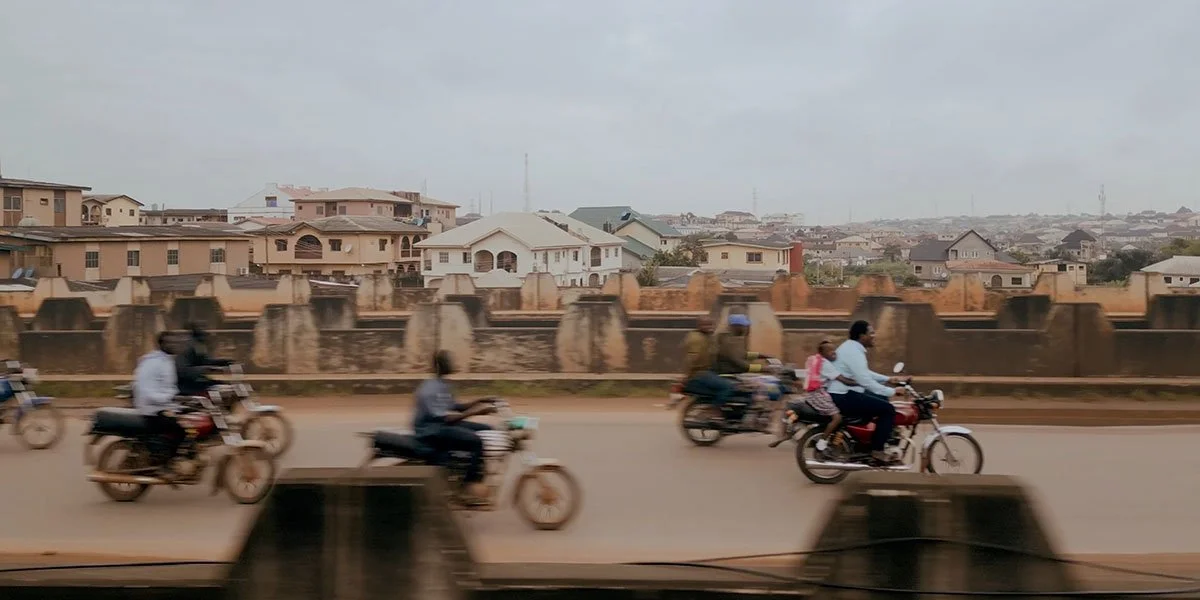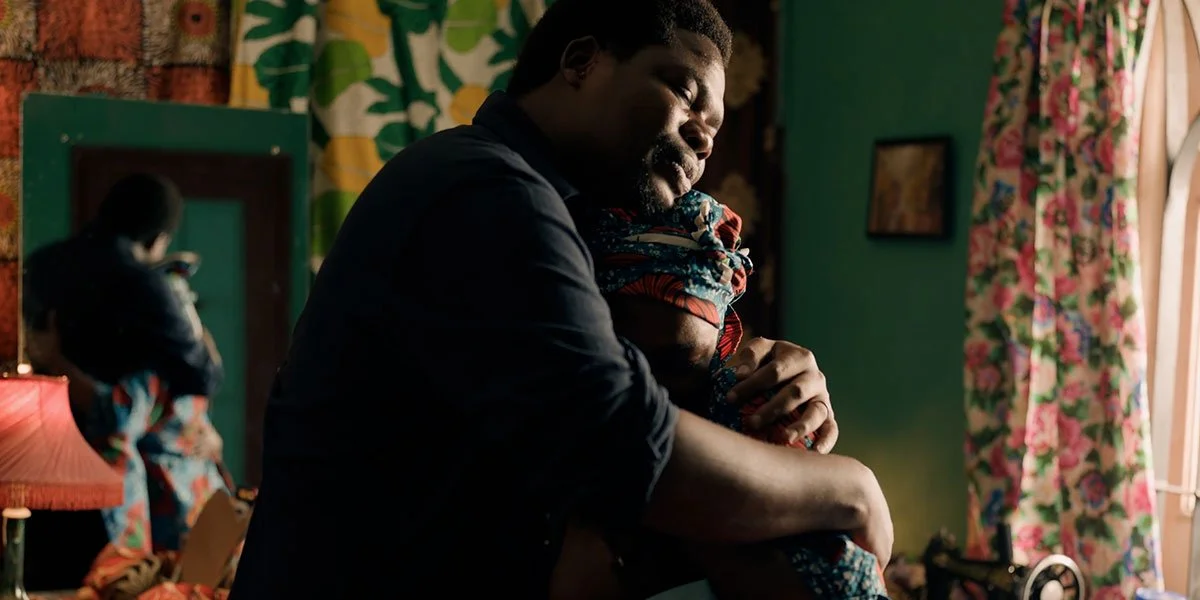‘Freedom Way’ Review: A Portrait of Corrupt Authority in Contemporary Lagos That Is Spread a Little Too Thin
Courtesy of TIFF
Lagos, Nigeria: The most densely populated metropolitan area in Africa and one of the most rapidly expanding in the world. As technology and Capitalism seep deeper into the changing city, new waves of Western forces cast their negative influences over Lagos, often reinstating the social and economic inequity that has impacted Nigeria since the country's colonial era. For his feature film debut, Freedom Way, Afolabi Olalekan explores the failing systems that challenge everyday Lagosians through the perspectives of nine unrelated characters whose lives gradually interconnect.
Told in four chapters that draw their names from the Lord's Prayer, Freedom Way jumps back and forth between its central characters, some of whom include a trio of optimistic tech bros looking to start a new rideshare app, a motorbike taxi driver struggling to put his young daughter through school, and a crooked cop who abuses his power to intimidate and exploit the public. When the city's officials outlaw moped taxis–– also known as "Okada riders"–– overnight, a chain reaction gradually detonates, bringing together Freedom Way's ensemble through a myriad of happenstances that range from profoundly caring to gravely brutal.
Courtesy of TIFF
Freedom Way works overtime to accentuate the frustrations of its characters as they struggle to build their lives in Lagos. Ambulance vehicles go unused due to gas shortages, and police officers shake down civilians for petty cash. At the same time, a tiny fragment of the wealthiest population is allowed to reign unchecked. However, this direct depiction of broken systems is well-balanced by images of joy and community in the city, reinforcing the emotion behind the film's characters and their love-hate ties to Lagos. This complicated relationship is mainly explored through the perspectives of younger figures, typically those whose development is most strongly impacted by the inequity.
With a screenplay co-written by Olalekan and Blessing Uzzi, Freedom Way's narrative structure takes direct inspiration from Paul Haggis's now-controversial Oscar-winner Crash with the methods it uses to intertwine disparate characters under the circumstances of government corruption and police brutality. This ambitious approach does not entirely congeal in Freedom Way, adding to a sense of unevenness as the movie's narrative splits its time between its many characters, allowing some to shine and others to feel overlooked. While the director gives plenty of screen time to his male characters (Jable Ogranya and Jesse Suntele particularly impress in their roles), there is a glaring neglect of the female ones, who are often relegated to one-dimensional background parts as mothers and daughters, too rarely given enough screen time to share their essential points-of-view and experiences.
Regarding its structure, Freedom Way feels most victorious in its earlier portions, running out of steam as it reaches its conclusion. Olalekan is able to handily assemble the film's many moving parts for much of the work until reaching the finale, “Part 4: Amen,” which falls victim to over-sentimentality that does not perfectly serve the rest of the movie and its meaningful purpose.
Courtesy of TIFF
All in all, Freedom Way flourishes on many levels as a snapshot of contemporary Lagos and the infrastructural issues faced by its community. Olalekan and his collaborators craft a largely impressive feat despite a few narrative missteps along the way, particularly when considering the film as the director's first feature-length effort. Olalekan's vision shows great promise within the landscape of contemporary African cinema, which continues to produce important and exciting work that demands to be seen.
3/5
‘Freedom Way’ world premiered at the Toronto International Film Festival on Saturday, September 7 in the Discovery section.


